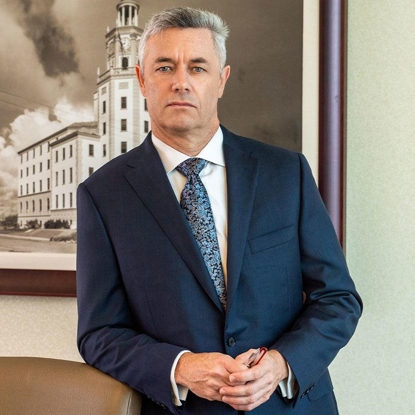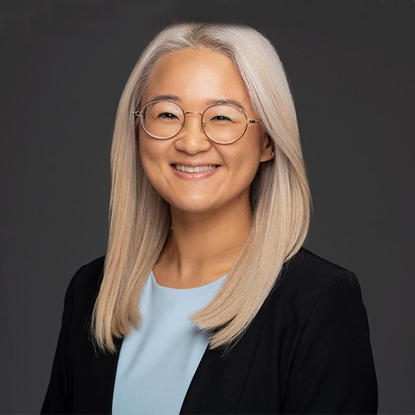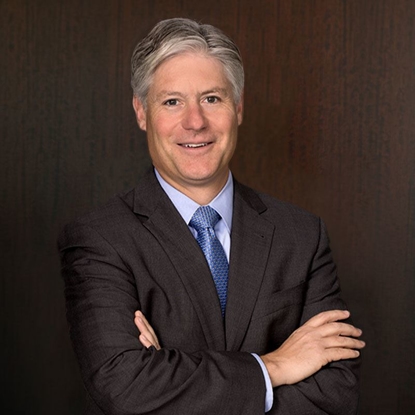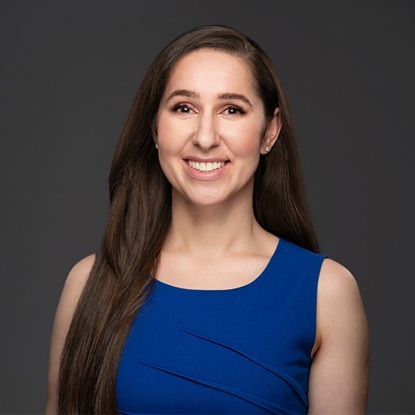
Florida Laws on Undue Influence
Aggressive Legal Representation in Your Pursuit for Justice
What Is Considered Undue Influence?
Undue influence is a cause of action used to challenge the validity of a testamentary document, such as a will, trust, deed, and other transfers.
This can look mean over-persuasion, duress, force or coercion to the degree that the other person's free agency and willpower is diminished. As a result, there is an unequal relationship and the victim usually succumbs to the other person's decisions.
The most common challenge to the validity of a will or trust is undue influence. According to Florida law, if all or any portion of a will or trust is proven to be the product of undue influence, then the whole will or trust (or that portion procured by undue influence) is invalid. Undue influence is also grounds for invalidation of pay-on-death beneficiary designations and lifetime transfers and gifts.
How Is Undue Influence Proved?
Undue influence is a type of fraud that is proven through circumstantial evidence and typically involve a shifting burden of proof. Since undue influence is not usually exercised openly in the presence of others, it can be proved by indirect evidence of facts and circumstances from which it may be inferred. No one of such facts or circumstances, when considered alone, may be of much weight, but when combined with other facts, they might be sufficient to establish the issue.
What Type of Evidence Is Required to Prove Undue Influence?
For the party challenging a trust or will on the grounds of undue influence, the challenge is determining what type of evidence is required to shift the burden of proof to the proponent of the will or trust, who is often the alleged undue influencer.
Extensive discovery of estate planning records, medical records, and financial records is usually required to prove an undue influence case. According to F.S. §733.107(2), “t]he presumption of undue influence implements public policy against abuse of fiduciary or confidential relationships and is, therefore, a presumption shifting the burden of proof under.”

The Stories That Matter
Read Our Client Thank You Notes
-
"Please know how much I appreciated your hard work and effort representing me!"Jeff, please know how much I appreciated your hard work and effort representing me! Thank you for putting up with me and for never making me feel inept.- S.H.
-
"We cannot adequately express our gratitude for your excellent work in the resolution of this matter."I don't think there is a better way to express how we feel about these attorneys than to show our final message to them: Ryan & Adrian: We cannot adequately express our gratitude for your excellent work in the resolution of this matter. While certainly- MB & KB
-
"Would not hesitate to use him in the future."
Took the time to explain to me what was going on with my case in way that made sense. Would not hesitate to use him in the future.
- F.S. -
"Adrian, Thanks, you’re doing a great job and you’re the best and only lawyer that has been ethical and professionally serious about this case."Adrian, Thanks, you’re doing a great job and you’re the best and only lawyer that has been ethical and professionally serious about this case. You have great communication skills as well. Thank you.- L.A.
-
"I appreciate all your help with my case and your professionalism"Hi Michele, I appreciate all your help with my case and your professionalism. Jeff and Esther were extremely helpful, especially considering the difficult circumstances.- S.J.
-
"Thank you for your time, kindness and help."Mr. Trinkler, Just want to say thank you for your time, kindness and help.- G.W.
-
"Michele, Thank you. This speaks to the excellent work Mr. Thomas & yourself have done."Michele, Thank you. This speaks to the excellent work Mr. Thomas & yourself have done.
-
"Thank you for all you have done."Hi Ryan, Thank you for all you have done. Truly feeling relief and a release, being free from lawsuit. Just wanted to tell you how much I depended on you, and appreciate all you have done.- E.D.


Meet Our Distinguished Team
A Confident, Zealous, and Aggressive Law Firm Committed to You




















